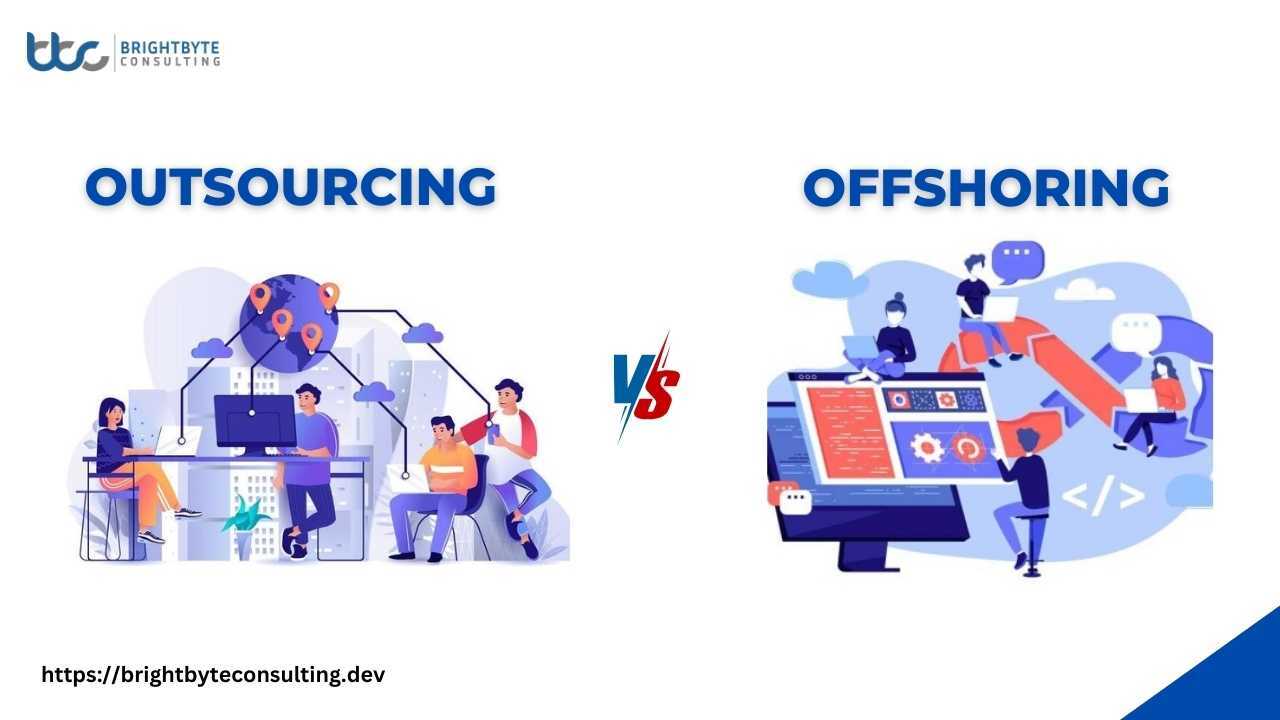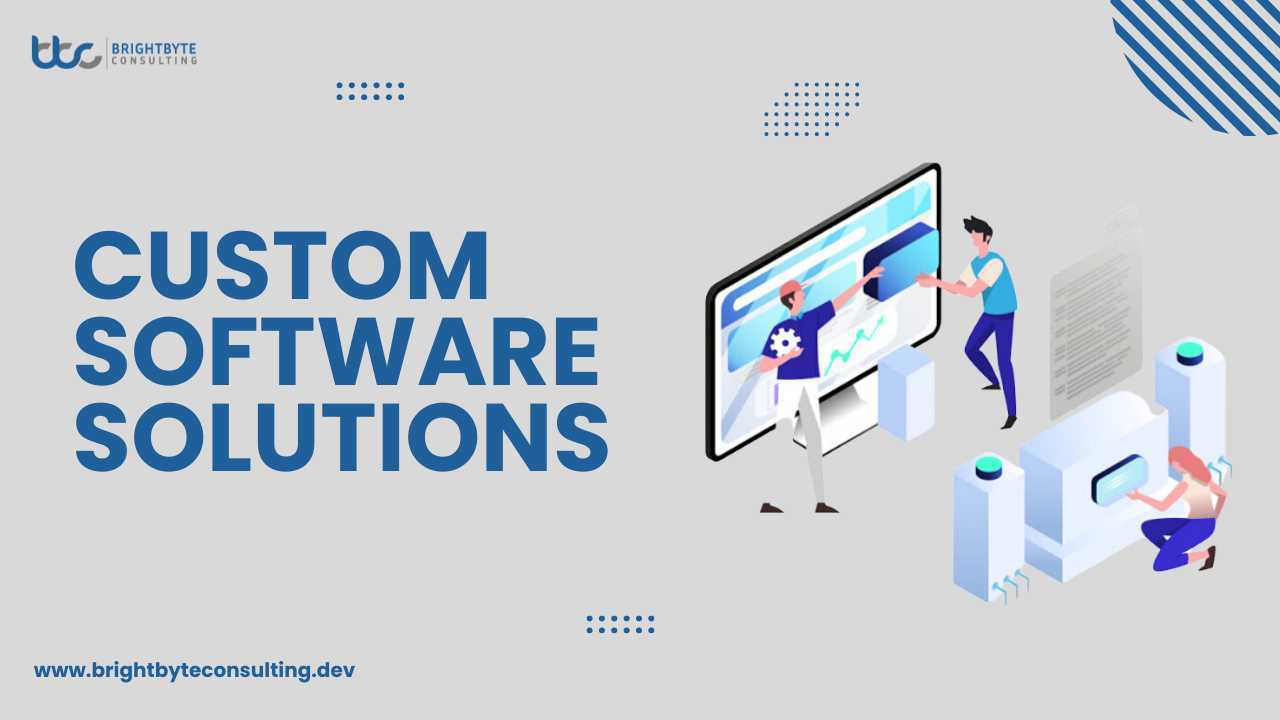In today’s digital age, cloud computing has become an indispensable part of our lives, driving innovation, efficiency, and connectivity across industries. But what exactly is cloud computing, and how does it work? If you’re new to the concept, fear not. This beginner’s guide will demystify cloud computing and provide you with a solid understanding of its key principles, benefits, and applications.
What is Cloud Computing?
At its core, cloud computing refers to the delivery of computing services—including servers, storage, databases, networking, software, and more—over the internet, also known as “the cloud.” Rather than owning physical infrastructure or data centers, users can access computing resources on-demand from cloud service providers like Amazon Web Services (AWS), Microsoft Azure, and Google Cloud Platform.
How Does Cloud Computing Work?
Cloud computing operates on a pay-as-you-go model, allowing users to scale resources up or down based on their needs, without the hassle of managing hardware or infrastructure. This is made possible through virtualization technology, which enables the creation of virtual instances of servers, storage, and other resources that can be provisioned and accessed over the internet.
Types of Cloud Computing Services
Cloud computing services are typically categorized into three main models:
Infrastructure as a Service (IaaS)
Provides virtualized computing resources over the internet, including virtual machines, storage, and networking infrastructure.
Platform as a Service (PaaS)
Offers a platform for developers to build, deploy, and manage applications without worrying about underlying infrastructure.
Software as a Service (SaaS)
Delivers software applications over the internet on a subscription basis, eliminating the need for users to install, maintain, or update software locally.
Benefits of Cloud Computing
Cloud computing offers a plethora of benefits for businesses and individuals, revolutionizing the way computing resources are accessed, managed, and utilized. Here’s a detailed exploration of the key advantages:
Cost-Efficiency
Cloud computing operates on a pay-as-you-go model, allowing organizations to optimize their IT spending by only paying for the resources they use. Unlike traditional on-premises infrastructure, which requires substantial upfront investment in hardware and software licenses, cloud services offer flexible pricing plans that scale with business needs. Additionally, cloud computing eliminates the need for ongoing maintenance and upgrades, further reducing operational costs.
Scalability
One of the most significant advantages of cloud computing is its scalability. Cloud services can rapidly scale up or down in response to fluctuating workloads, ensuring that businesses have access to the resources they need when they need them. Whether it’s handling a sudden surge in website traffic or provisioning additional storage for a growing dataset, cloud computing offers unparalleled agility and flexibility, enabling organizations to adapt quickly to changing business requirements.
Flexibility
Cloud computing provides unparalleled flexibility, allowing users to access computing resources from anywhere with an internet connection. This flexibility is particularly beneficial for remote work scenarios, enabling employees to collaborate seamlessly regardless of their physical location. Additionally, cloud services support a wide range of operating systems, programming languages, and development frameworks, making it easier for organizations to deploy diverse workloads and applications on the cloud.
Reliability
Cloud service providers offer high levels of reliability and uptime, backed by robust infrastructure and advanced redundancy mechanisms. With geographically distributed data centers and automated failover capabilities, cloud computing ensures that services remain available even in the event of hardware failures or natural disasters. Additionally, cloud providers typically offer service level agreements (SLAs) that guarantee a certain level of uptime and performance, providing businesses with peace of mind and confidence in their IT infrastructure.
Security
Contrary to common misconceptions, cloud computing can enhance security by centralizing data storage and implementing stringent security measures. Cloud service providers invest heavily in cybersecurity, employing advanced encryption techniques, access controls, and threat detection systems to safeguard sensitive data and applications. Moreover, cloud providers undergo regular security audits and compliance certifications, ensuring adherence to industry best practices and regulatory requirements.
By leveraging the expertise and resources of cloud providers, businesses can enhance their security posture and mitigate cyber threats more effectively than with on-premises solutions.
Innovation
Cloud computing fosters innovation by providing access to cutting-edge technologies and services that empower businesses to experiment, iterate, and develop new products and solutions rapidly. From artificial intelligence and machine learning to Internet of Things (IoT) and blockchain, cloud providers offer a wide range of tools and platforms that enable organizations to harness the power of emerging technologies without the burden of managing complex infrastructure.
By democratizing access to innovation, cloud computing accelerates digital transformation and drives competitive advantage in the rapidly evolving marketplace.
Cloud Computing Use Cases
The use cases of cloud computing are discussed below:
Data Storage and Backup
A multinational corporation adopts cloud storage services like Amazon S3 for scalable, cost-effective storage and backup of critical data, ensuring resilience and minimizing costs.
Software Development and Testing
A software development company migrates to cloud-based platforms such as AWS Elastic Beanstalk for rapid development, seamless collaboration, and automated deployment, accelerating time-to-market and improving software quality.
Big Data Analytics
A retail giant leverages cloud-based analytics platforms like Google BigQuery to analyze vast datasets in real-time, derive actionable insights, and drive personalized marketing campaigns, optimizing inventory management, and enhancing customer experiences.
AI and Machine Learning
A healthcare provider utilizes cloud-based AI and machine learning services like AWS SageMaker to develop predictive models for disease diagnosis and patient monitoring, improving clinical decision-making, and driving medical innovation to enhance patient outcomes.
Web Hosting and Content Delivery
An e-commerce startup employs cloud-based web hosting services like Amazon EC2 and global content delivery networks (CDNs) to deliver high-performance website content to users worldwide, ensuring scalability, security, and low latency, and enhancing customer experiences.
Conclusion
In conclusion, cloud computing has revolutionized the way we consume and deliver computing services, offering unparalleled flexibility, scalability, and efficiency. Whether you’re a business looking to streamline operations or an individual seeking seamless access to resources, cloud computing has something to offer for everyone. By understanding its concepts, benefits, and applications, you can harness the power of the cloud to drive innovation and growth in your endeavors.
Unlock the full potential of cloud computing today and embark on a journey of endless possibilities in the digital realm.
FAQs
What is cloud computing?
Cloud computing is the delivery of computing services over the internet, such as servers, storage, and software, providing on-demand access to resources from cloud service providers.
What are the benefits of cloud computing?
Benefits include cost-efficiency, scalability, flexibility, reliability, security, and innovation.
What are the types of cloud computing services?
Types include Infrastructure as a Service (IaaS), Platform as a Service (PaaS), and Software as a Service (SaaS).
What are common cloud computing use cases?
Use cases include data storage, software development, analytics, AI, and web hosting.
How secure is cloud computing?
Cloud computing offers robust security measures like encryption, access controls, and compliance certifications to safeguard data and applications.











